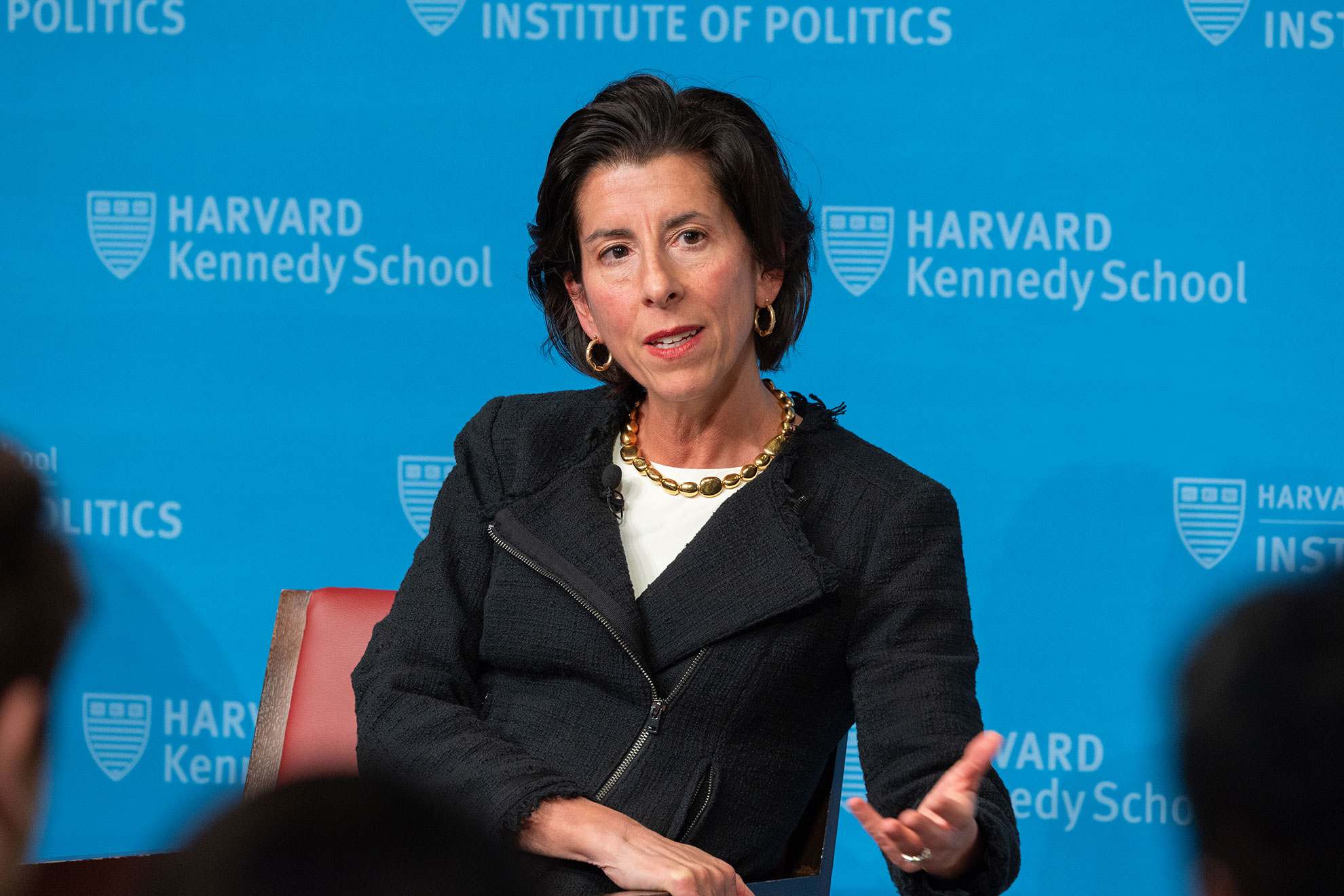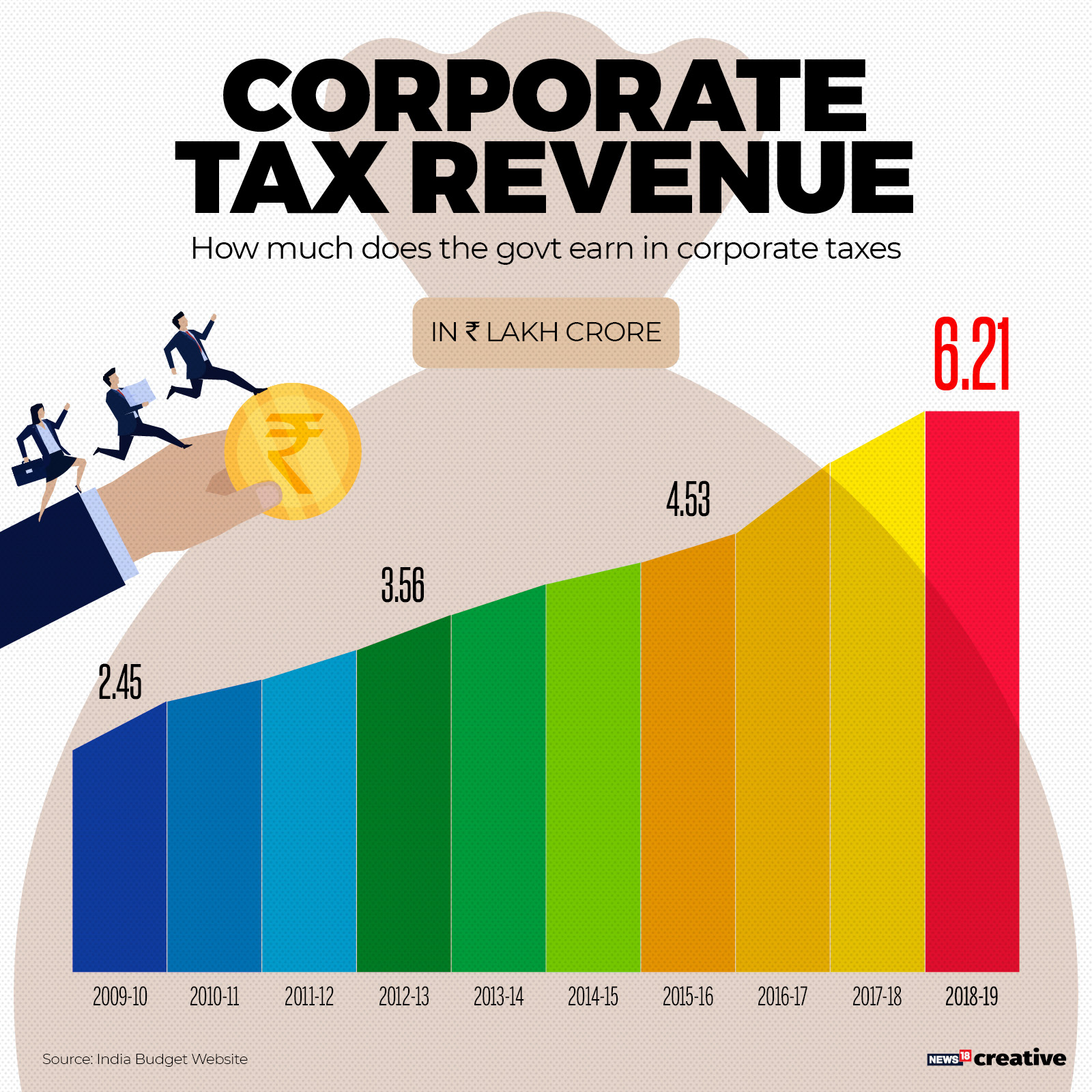Stefanie Stantcheva Wins 2025 John Bates Clark Medal
Stefanie Stantcheva, a prominent figure in Harvard Economics, has made waves in the realm of public finance, earning her the prestigious John Bates Clark Medal in 2025. As one of the leading under-40 economists, her influential research delves into tax policy insights and its profound implications for innovation and economic behavior. At the celebration of her award, Stantcheva expressed her gratitude and emphasized the power of the tax system in shaping economic outcomes, a testament to her expertise in the field. Her groundbreaking work has not only illuminated critical questions surrounding public finance but also provided valuable contributions to ongoing discussions about economic policy. Recognized for her stellar achievements, Stefanie Stantcheva continues to be a guiding light in the economics community, paving the way for future innovations and reforms.
The recognition of Stefanie Stantcheva with the esteemed John Bates Clark Medal highlights her significant role as an emerging leader in the field of economics, particularly in public policy analysis. This accolade underscores her valuable contributions to understanding the dynamics of tax systems and their impact on economic innovation and behavior. As a Harvard academic and the founder of the Social Economics Lab, Stantcheva’s insights into complex economic issues resonate with contemporary discussions on fiscal policies and their societal effects. Through her research, she not only addresses the intricate relationship between taxation and innovation but also explores broader themes of social mobility and economic sustainability. By examining how policy structures influence economic outcomes, Stantcheva’s work serves as a crucial resource for policymakers and scholars alike.
Stefanie Stantcheva: A Rising Star in Economics
Stefanie Stantcheva has emerged as one of the leading under-40 economists in contemporary academia, a reputation solidified by her recent recognition with the prestigious John Bates Clark Medal. This award is a testament to her groundbreaking research, particularly in the realm of tax policy and its implications on innovation. At Harvard University, where she holds the Nathaniel Ropes Professorship of Political Economy, Stantcheva is noted for her ability to intertwine complex economic theories with real-world applications, making her work relevant and impactful.
Stantcheva’s approach to economic challenges, especially her insights into public finance, highlights the importance of sound tax policies in driving economic innovation. As she stated during the award celebration, a well-structured tax system can either foster or hinder economic growth. Her research not only addresses theoretical questions but also provides valuable guidance for policymakers aiming to enhance the economy through smart tax strategies.
The Significance of the John Bates Clark Medal
The John Bates Clark Medal is awarded annually by the American Economic Association, honoring an economist under 40 years of age who has made significant contributions to the field. This award underscores the importance of fostering young talent in economics and recognizing their innovative ideas that can shape future public policy and economic theory. Stantcheva’s receipt of this honor reflects her outstanding contributions in exploring the relationship between taxation and innovation, as underscored in her influential papers.
Winning the John Bates Clark Medal not only highlights Stantcheva’s individual achievements but also elevates the reputation of Harvard’s Economics Department, showcasing its commitment to nurturing groundbreaking research. The acknowledgment of young economists, particularly those focused on critical issues like tax policy, is paramount for the development of effective public finance strategies that support economic vitality.
Insights on Tax Policy and Economic Behavior
Stantcheva’s research has brought a fresh perspective to the discourse on tax policy, demonstrating that the effects of tax laws extend far beyond mere revenue generation for governments. In her co-authored paper titled ‘Taxation and Innovation in the 20th Century’, she reveals how innovation responds swiftly to changes in tax policy, emphasizing the high elasticity of innovation to tax adjustments. This finding suggests that policymakers must carefully consider how tax regulations can spur or stifle innovation in the economy.
Moreover, Stantcheva argues that while higher taxes may diminish the quantity of innovations produced, they do not necessarily compromise the quality of inventions. This insight challenges traditional views of taxation and encourages a reevaluation of how economic policies are designed. It ultimately positions Stantcheva as a pivotal figure in economic research, driving conversations about the nuanced impacts of taxation on innovative capacity.
Stantcheva’s Legacy and Contributions to Public Finance
Throughout her career, Stefanie Stantcheva has established herself as a leading thinker in the field of public finance. By founding the Social Economics Lab, she has emphasized empirical research that delves into how societal perceptions influence economic policies, further enriching the discourse surrounding public finance contributions. Her work goes beyond theoretical frameworks, focusing on practical implications for economic policies that resonate with everyday citizens.
Stantcheva’s commitment to examining pressing issues such as trade, immigration, and climate change through the lens of social economy highlights her versatile and impactful research agenda. As she continues to explore the intersection between emotions and policy-making, her contributions will likely inform future legislative efforts and reshape understanding of economic behavior in complex social contexts.
Harvard Economics and the Next Generation of Economists
The Harvard Economics Department has long been a beacon of innovation, where scholars like Stefanie Stantcheva lead the charge in understanding contemporary economic issues. Stantcheva’s recent recognition with the John Bates Clark Medal exemplifies the caliber of talent emerging from Harvard, showcasing how the institution cultivates brilliant minds that address critical public finance and tax policy issues.
As the department continues to support young economists, it is vital for established scholars to mentor the next generation. The ongoing efforts to synthesize economic theory with real-world challenges are key to preparing future economists to navigate and solve intricate economic dilemmas. Stantcheva’s achievements inspire others within the academic community to challenge conventions and actively contribute to the evolving landscape of economics.
The Impact of Tax Policy on Innovation
Tax policy has a profound effect on economic innovation, as highlighted in Stefanie Stantcheva’s research. Her studies reveal that the structure of tax systems can encourage or inhibit creative activity within economies. By systematically analyzing the elasticity of innovation relative to tax changes, she underscores the significance of well-designed tax frameworks that can stimulate technological advancement and entrepreneurial initiatives.
Understanding the balance between maintaining competitive tax rates and fostering innovation is crucial for economic growth. Stantcheva’s insights provide a roadmap for policymakers aiming to strike this balance, ensuring that tax policies are conducive to an environment ripe for innovation. With rising globalization and technological transformation, these discussions are more relevant than ever.
Advancing Conversations on Economic Behavior
Stantcheva’s ongoing research at the Social Economics Lab focuses on the interplay between emotions and economic policies, shedding light on how psychological factors influence public perceptions of economics. By exploring dimensions such as zero-sum thinking, her work seeks to deepen our understanding of economic behaviors and decisions, bridging the gap between psychology and economics.
This innovative approach not only enriches the field of economics but also informs better policy-making by considering behavioral implications. Engaging with social dimensions of economic theories could lead to more effective communication strategies that resonate with the public, ultimately enhancing the success of implemented economic policies.
Celebrating Young Economist Achievements
Recognition of young economists like Stefanie Stantcheva, especially through prestigious awards such as the John Bates Clark Medal, emphasizes the importance of celebrating innovation in economic thought. The acknowledgments serve as encouragement for emerging scholars who are about to embark on their journey in a rapidly evolving economic landscape. Celebrating these achievements inspires both recognition and replication of this success among upcoming economists.
Annual events to honor achievements in economics not only highlight individual successes but also showcase the dynamic nature of economic research. They encourage collaboration and dialogue among peers, thereby fostering a strong academic community that thrives on shared knowledge and collective growth.
Future Directions in Economic Research
As an influential voice in taxing innovation and public finance, Stantcheva is poised to lead future economic research agendas. Her commitment to furthering studies in trade, immigration, and their interrelation with tax policy signals her intent to keep addressing pertinent economic questions that arise in today’s global economy. The implications of her research continue to inform advocacy for policies that support sustainable growth.
Looking ahead, the focus on multifaceted economic issues, including climate change and social mobility, suggests a broader understanding of economics that includes both quantitative and qualitative assessments. Stantcheva’s approach to these complex issues serves as a model for future economists, who will be tasked with integrating a variety of perspectives into their analyses to create equitable and informed economic policies.
Frequently Asked Questions
What is the significance of the John Bates Clark Medal awarded to Stefanie Stantcheva?
The John Bates Clark Medal is awarded annually by the American Economic Association to an economist under 40 years old who has made significant contributions to the field. Stefanie Stantcheva received this prestigious honor in 2025 for her pioneering insights into tax policy and public finance, showcasing her influence in modern economic thought.
What contributions to tax policy has Stefanie Stantcheva made to earn the John Bates Clark Medal?
Stefanie Stantcheva’s research has focused on understanding the impacts of tax policy on innovation and economic behavior. Her 2022 paper highlighted how innovation responds to tax policy changes, revealing that while higher taxes reduce the quantity of innovation, they do not diminish the quality. This work has positioned her as a leading voice in public finance.
How does Stefanie Stantcheva’s work relate to innovation and public finance?
Stefanie Stantcheva’s research integrates tax policy with economic innovation, showing that well-designed tax systems can encourage innovation, while poorly structured taxes may hinder economic activity. Her insights offer valuable implications for policymakers aiming to foster a dynamic economy.
What areas does Stefanie Stantcheva focus on in her research as a Harvard economist?
As a Harvard economist, Stefanie Stantcheva explores critical areas such as trade, immigration, climate change, and social mobility. Her work blends economic theory with real-world issues, particularly through the lens of how tax policies influence economic outcomes.
How has Stefanie Stantcheva’s Social Economics Lab contributed to her research efforts?
Founded in 2018, Stefanie Stantcheva’s Social Economics Lab aims to delve deeper into understanding economic issues and policies from a social perspective. The lab currently investigates the interplay between emotions and policy decisions, further enhancing her contributions to the field of economics.
What are the implications of Stantcheva’s research for policymakers?
Stantcheva’s research provides critical insights for policymakers by illustrating how tax structures can incentivize or disincentivize innovation and economic activities. Her findings serve as a guide for developing effective tax policies that promote economic growth.
Why is Stefanie Stantcheva considered a leading under-40 economist?
Stefanie Stantcheva is recognized as a leading under-40 economist due to her innovative research on tax policy, public finance, and its effects on economic behavior. Her contributions have garnered prestigious accolades, such as the John Bates Clark Medal, underscoring her impact on the field.
| Key Point | Details |
|---|---|
| Award Recognition | Stefanie Stantcheva awarded the John Bates Clark Medal, acknowledging her significant contributions to economics as an under-40 scholar. |
| Insights on Tax Policy | Stantcheva’s research explores how tax systems influence economic innovation and behavior. |
| Research Findings | Her 2022 paper shows that taxes significantly affect the quantity, but not the quality, of innovation. |
| Social Economics Lab | Founded in 2018, focusing on economic behaviors and policies, including new research on emotions and financial mindsets. |
Summary
Stefanie Stantcheva has made remarkable strides in the field of economics, earning the prestigious John Bates Clark Medal for her innovative insights on tax policy and its broader implications. Her work not only recognizes the crucial role of tax systems in shaping economic behavior but also highlights her commitment to essential societal issues through her Social Economics Lab. As she continues to delve into the interplay between economic policies and human emotions, Stantcheva is poised to inspire further research that will inform and influence future economic strategies. Her contributions underscore the importance of thoughtful economic analysis in addressing today’s complex challenges.



